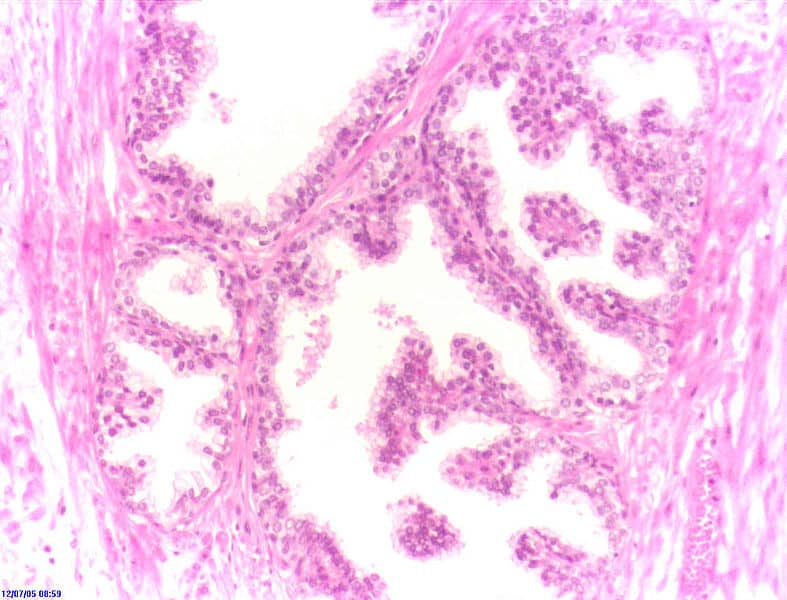
Prostate cancer researchers win $2m to explore carboplatin therapy
pharmafile | November 7, 2018 | News story | Research and Development | Cancer, carboplatin therapy, prostate cancer
The US Department of Defence has awarded a coalition of researchers – made up of the Prostate Cancer Clinical Research Unit of the Spanish National Cancer Research Center (CNIO), the Prostate Cancer Translational Research Group of the Vall d’Hebron Institute of Oncology (VHIO) and the Genetics and Solid Tumors Laboratory of the University of Washington – the $2 million ‘Impact Award’ to fund a three year project intended to explore new therapeutic options in the fight against advanced prostate cancer.
The teams, led by David Olmos, Joaquín Mateo and Colin Pritchard, will look into the identification of new markers as predictors for response to treatment, with the aim of identifying which patients will respond best to therapies.
In particular the researchers will look into the mechanisms through which defects are repaired in the DNA. The researchers will look into the ways carboplatin therapy, which hinders these repair mechanisms, effects the breakdown of tumours when it comes to prostate cancer.
“We know that carboplatin works really well in tumours with DNA repair defects from patients with breast and ovarian cancer, and we suppose that it will also work for patients with prostate cancer, but we are not certain at this stage”, commented Olmos from the CNIO. “But instead of selecting patients based on them having genetic mutations that could provoke defects in DNA repair, as is commonly done, they will be selected using biomarkers that were previously detected, as we believe that it will be more reliable when determining the efficacy of the treatment. In other words, we will select patients based on whether the tumor repairs its DNA or not, independently of their genetic profile”
Due to the fact that the therapy is already in use for other forms of cancer, the process will likely be significantly quicker and cheaper than developing a new drug. Mateo from the University of Washington commented: “Since it is a drug that has already been approved and has been routinely used for other types of cancer, like breast and ovarian cancer, carboplatin’s way to the clinic to benefit patients with prostate cancer will be much shorter than usual. There is little experience with this drug for the treatment of the prostate cancer, but for now it looks promising. What we aim with this study is to be able to confirm it
Louis Goss
Related Content

Geneos Therapeutics shares data from phase 1/2 trial for cancer vaccine
Geneos Therapeutics has announced that it has published positive safety, immunogenicity and efficacy data from …

Curve Therapeutics’ CSO publishes research on HIF inhibition for cancer treatment
Curve Therapeutics has announced that its chief scientific officer, Professor Ali Tavassoli has published research …

Verastem Oncology gains Fast Track Designation for combination NSCLC treatment
Verastem Oncology has announced that the US Food and Drug Administration (FDA) has granted Fast …








